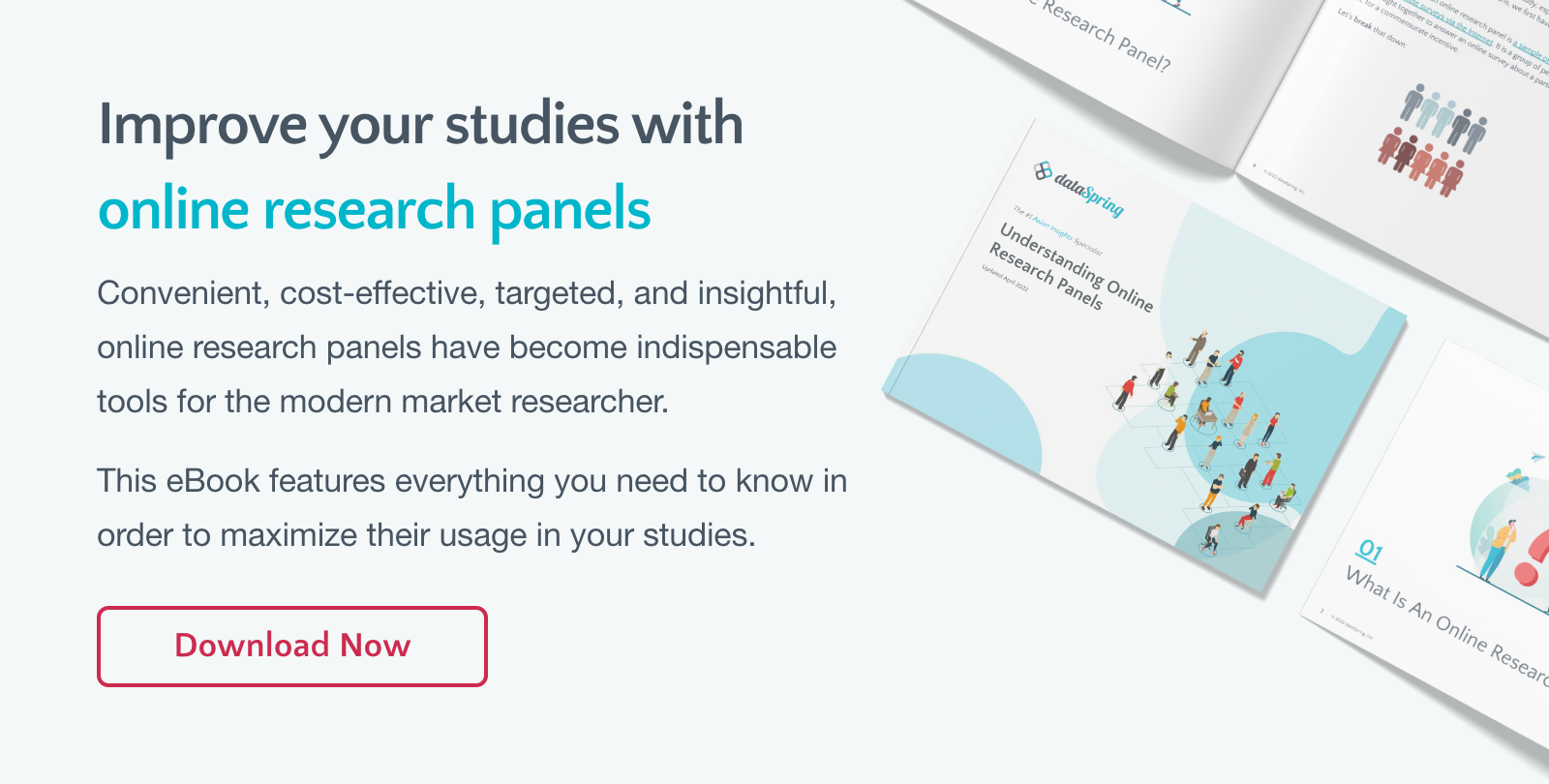
As companies look to capitalize on emerging global markets, investment in market research is a critical component. Researchers and consultants who support these initiatives acknowledge the importance of data quality, but there is often a lack of understanding of the components that contribute to it.
Authentic online research panels, providing honest and considered input, is one of the foundations of data quality. Survey panel verification is an important process used to authenticate panelists. Tomohiro Hosono, CEO at dataSpring provides a Q & A master class on this technique and how it affects data quality.
Tomohiro Hosono - CEO, dataSpring

Tomohiro Hosono is CEO working in dataSpring's 24/7 Operations Hub in Manila. He is responsible for making sure that all clients are happy with using dataSpring’s system for their projects. In his view, the key to success is focusing on the clients’ local background and needs— down to the smallest detail.
What is panel verification?
This is the process by which panel suppliers verify that each panelist is unique and legitimate. It is an important ongoing process used to combat any type of panel fraud and ensures clients get what they pay for: survey responses from real people who fit the required sample specifications.
What is the general process for verifying panelists?
There are multiple ways and different stages used. Initial verification is done by double-checking the information a prospective panelist provides when joining, things like the registrants' physical address, phone number, or government ID. This is a common practice for most legitimate panel suppliers.
After initial verification, checking cookies and IP addresses are standard practices when answering surveys. This helps to avoid panelists filling out multiple surveys, either intentionally or unintentionally.

Are there additional steps that dataSpring uses for panel verification?
Yes. In addition to conducting the previously mentioned steps, we do further in-survey result checks of the respondent's basic attribute information, such as age, gender, location, user agent, etc., when available.
We believe it is critical to not only check the information when they register but also afterward. We look for consistency in each respondents' answers with regards to their profiles to deliver quality data to our clients.
If we find anomalies in a panelist's survey responses, we give them a warning, reminding them of the terms of their registration and panel membership. If any irregularities continue, we blacklist them and block them from our database.
How can clients tell if a panel has or has not been verified?
One way to verify is to cross-check their actual survey response against what they have registered. For instance, if they have registered as a panelist as 35 years old and answered in a survey as 25 years old, there would be a doubt that either of the information is correct. However, this is only applicable in certain types of studies and generally, clients tend to only look at the data in tabulation, which means it would be extremely hard to detect one single response error on the client's end.
The other way to check is by individual response data – which is accessible through the client's system – using device-generated information, such as IP, user agent, cookie. This would be a more practical way to verify panelists.

What is the potential difference in the quality of data?
Suppose we have two survey panels – verified and unverified – and separately conducted the same study. The nature of the sampling will make at least some differences in the outcome, but the results would most likely be quite different. This is the real issue with an unverified survey panel, that the data may look legitimate, but it doesn't represent the actual sample target. For any study looking to project marketplace potential (concept, product, package, ad testing, or segmentation) data from an unverified survey panel is unacceptable and potentially misleading.
We hope you've found the insights provided in this article useful! If you're planning to run a study in Asia let us help you, Contact Us below.
Online research panels have become one of the most important tools of the modern market researcher, and it can yield valuable insights and results if used properly. To know more about online research panels, especially in the Asian region, check out our Understanding Online Research Panels page.


 Download Panel Book
Download Panel Book


